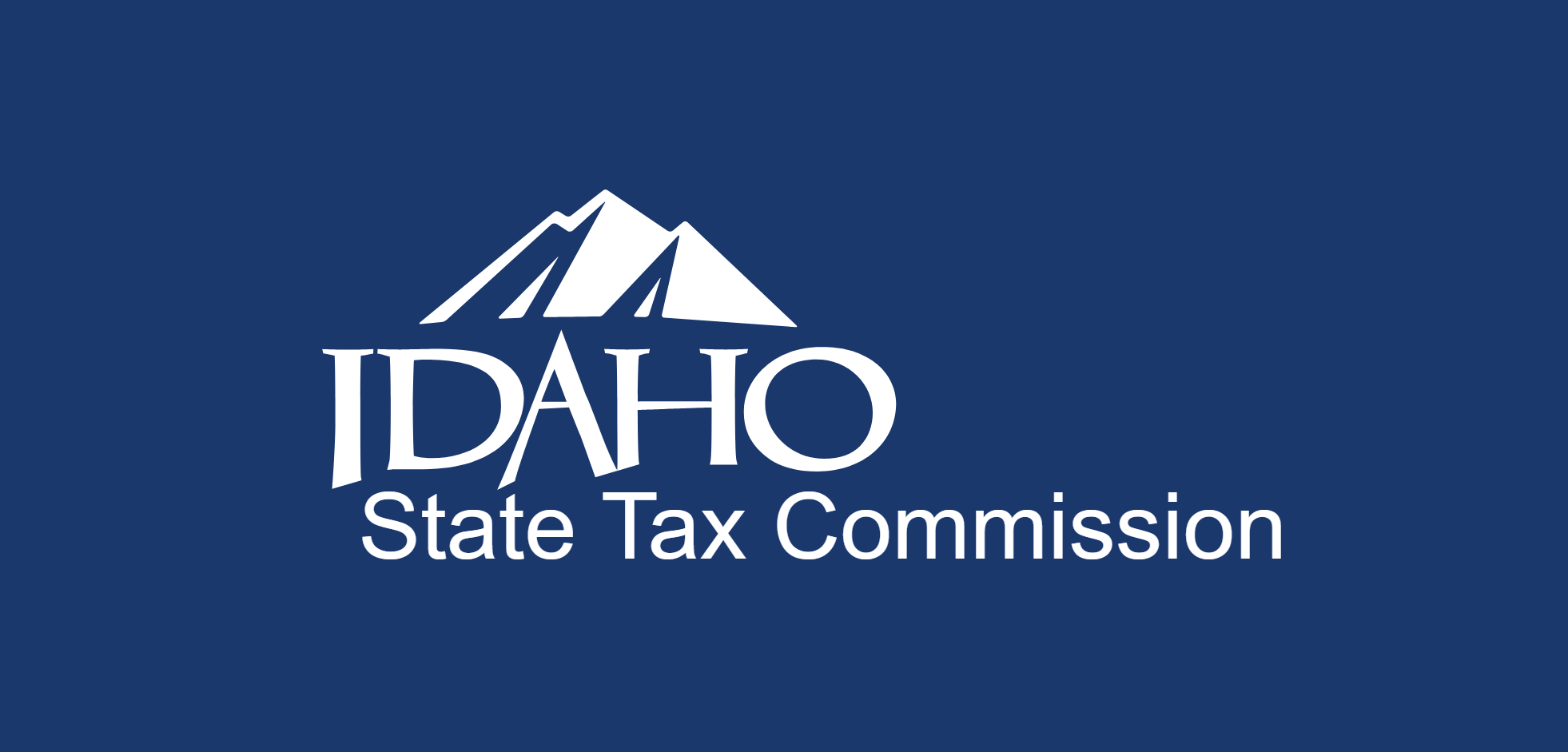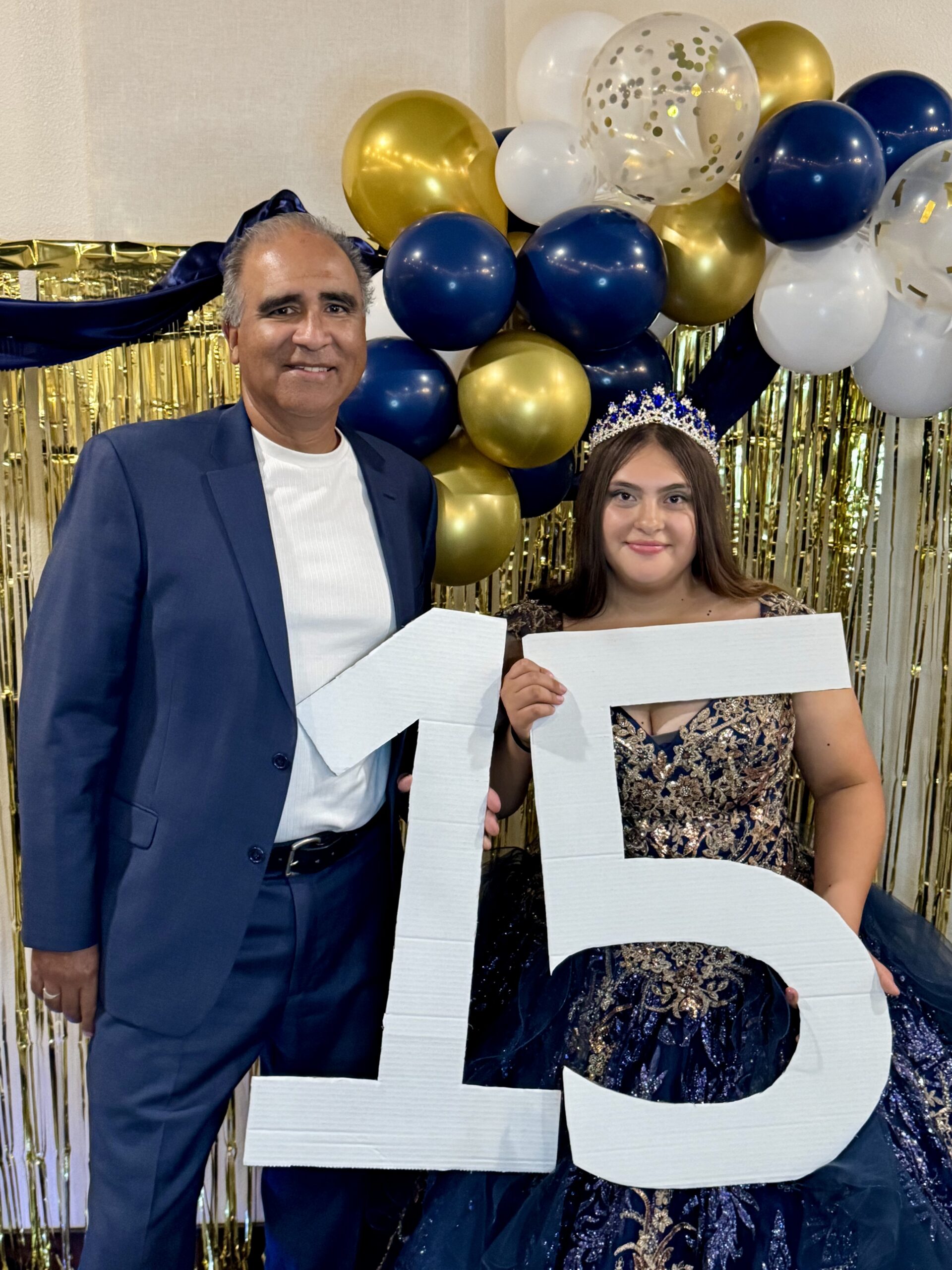Rites of Passage — Column by Mark Martinez
It’s not my fault!
Have you ever known someone who despite evidence and circumstances never took responsibility for their actions? Of course you have. Some of you are thinking, “My spouse…my kids…my siblings…my parents,” etcetera. Whether it’s a child, teen, or grown adult, we don’t have to think very hard to call to mind someone who acts irresponsibly, yet refuses to take ownership.
Throughout most of human history, people were considered either children or adults. There was nothing in between. American psychologist and founding member of the American Psychology Association, G. Stanley Hall, is credited with the first use of the term “adolescent.” In 1904, he published one of his largest works titled “Adolescence,” and he described this development life phase as a period of “storm and stress,” identified by three key aspects of this phase — mood disruptions, conflict with parents, and risky behavior.
Sound familiar?
Today, we commonly attribute the transition out of childhood into the adolescence stage as beginning at about the age of 12 and lasting upwards of 25 years old. Prior to this, a person was considered an adult by about the age of 12 or 13. It’s as if by having this culturally acceptable stage of adolescence, it gives permission to young people to act irresponsibly because they are not yet “adults.”
So, what does it mean to be an adult? I propose this thought to the families of (pre)teens that I mentor: being an adult means taking full responsibility for your words and your actions. Words and actions are the only two things that each of us has individual total control over. Nobody has any control over where they were born, what family they were born into, what they look like, or where they grew up. Neither do we have any control over anything said to us or done to us by other people, whether good or bad. However, we have 100 percent control over the words we use and the actions we take.
One of the most difficult things, it seems, is to own up to mistakes when we make them. When we have said or done something which harms us or harms others. To say, “That’s my fault, it’s on me, I’m sorry” is nearly impossible for some people. Owning that responsibility, as well as the consequences of the mistake, is something that most people really struggle with. However, this ability is a true sign of adult maturity. Sadly, some people never manage to achieve adult maturity.
When one of my daughters entered her adolescent stage, she and I had a terrible time through it. We were constantly at odds with one another. There were countless times I felt I was being unfairly treated and I wanted to lash out at her in words or actions that I felt were justified. Being mindful that this can be a difficult stage for many young people, I had to constantly tell myself, “You’re the adult here. She’s not. Her brain and emotions are still forming. If you say what you’re thinking, you’ll never be able to take those words back.” Thankfully, I held my tongue — and it has paid off.
My daughter is now a beautiful 23-year-old woman. On my last birthday, she gave me a card which said, “Dad, remember when I was young, and you thought everything you said went in one ear and out the other? Well, it didn’t. I took those words with me, and they’ve guided me through the ups and downs of life. Thank you for raising me with a strong head and heart. I’m happy to see CROP growing, as it helped me grow. I hope you have a happy birthday.”
My eyes tear up again as I reread this card for perhaps the hundredth time.








